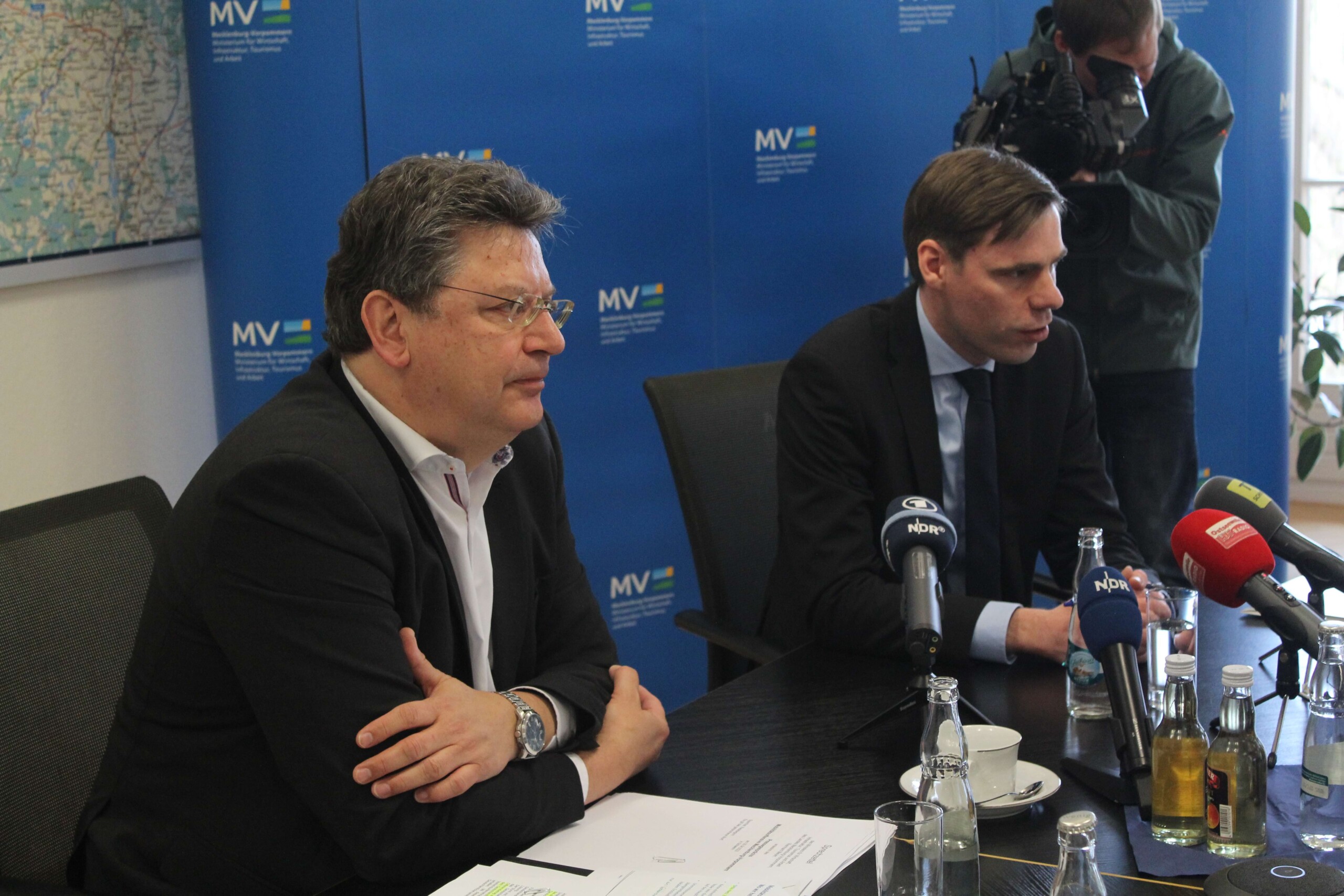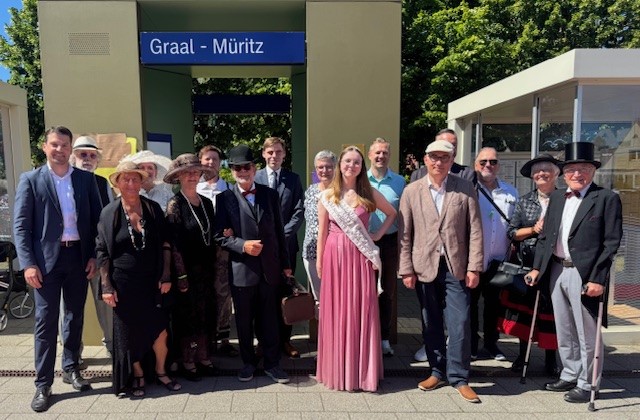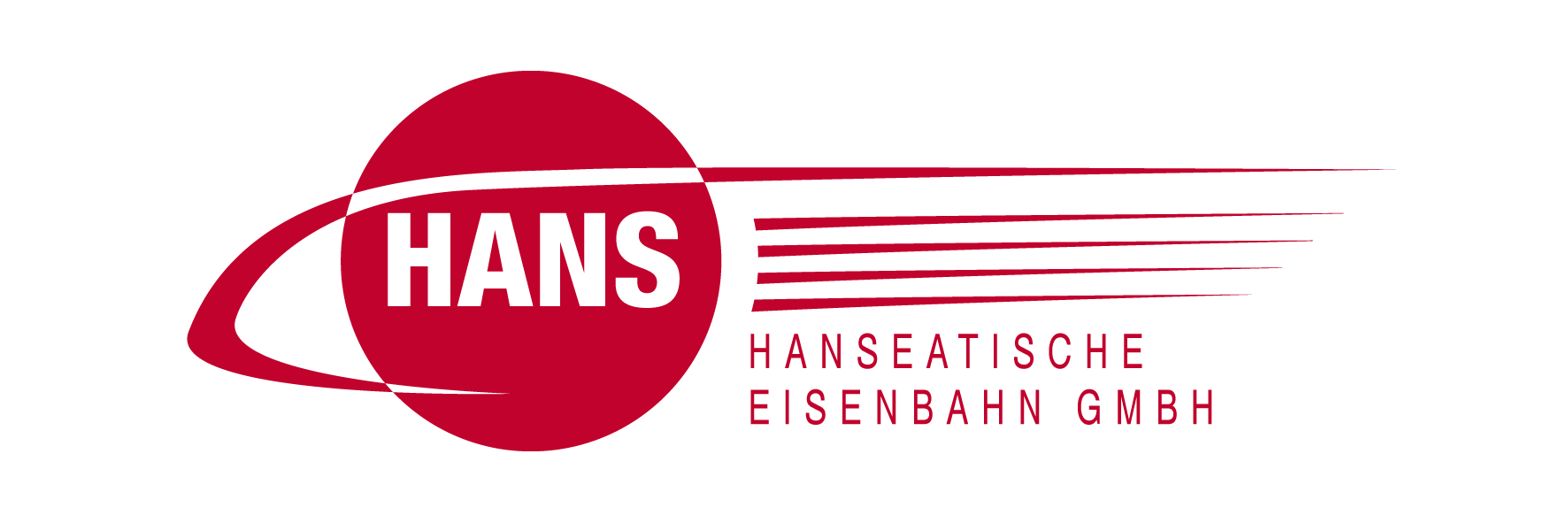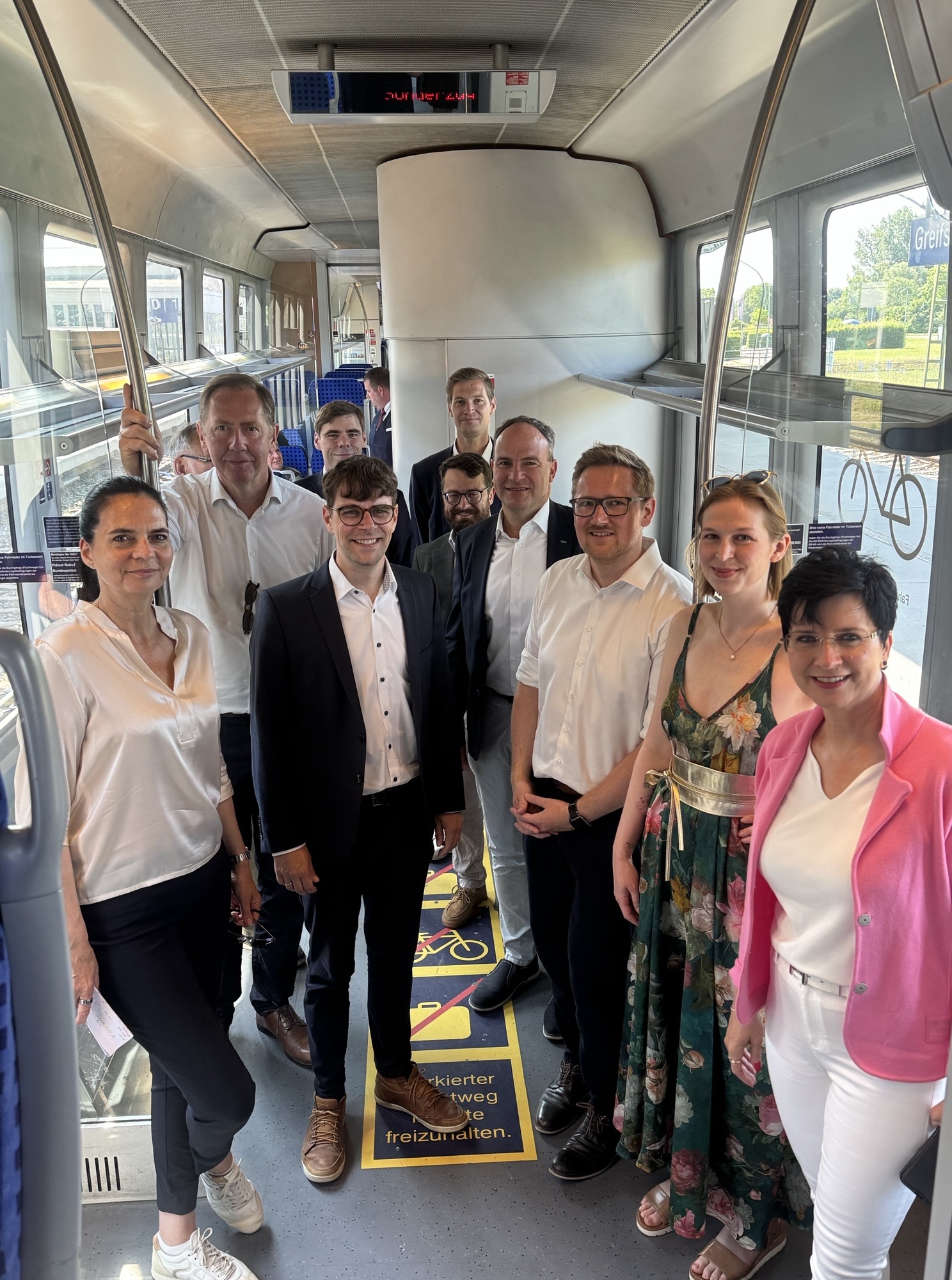Press release of the Ministry of Economy, Infrastructure, Tourism and Labour
Meyer: Strengthening rural areas - making the mobility transition attractive
Schwerin, 05 April 2023 Minister of Economy and Transport Reinhard Meyer presented the "Mobility Offensive Mecklenburg-Western Pomerania" in Schwerin today. In an area like Mecklenburg-Western Pomerania, taking advantage of the opportunities arising from the transport and climate change at federal and state level and from the launch of the "Deutschlandticket" is associated with the challenge of making great strides in expanding local public transport (ÖPNV) and, in particular, increasing the availability of public mobility in rural areas. The goal of the state's mobility offensive is the creation of a state mobility network with nationwide fast interconnected rail and bus services and call-busses that connect even the smallest villages in the state," said Reinhard Meyer, Minister of Economic Affairs, Infrastructure, Tourism and Labour. Work was already actively underway to implement the framework conditions. "The switch from motorised individual transport to bus and rail will only succeed if we take the citizen with us through attractive transport offers and socially acceptable and modern digital tariff and distribution structures in order to make the mobility turnaround attractive for the citizen," continued Minister Meyer.
Deutschlandticket, AzubiTicket and Seniorenticket for 29 euros
On 1 May 2023, the Deutschlandticket will start at a price of 49.00 euros per month. The current AzubiTicket MV will be converted into a state-specific discounted Deutschlandticket on 1 May 2023, i.e. the trainee will purchase a regular Deutschlandticket for 29 euros per month, and the state will subsidise each ticket with 20 euros per month. Similarly, senior citizens who have reached the age of 65 and whose main place of residence is in MV can purchase a fully-fledged Deutschlandticket at a discount from the state for 29 euros a month. The discounted offer is to be introduced in the 3rd quarter of 2023.
Ferry travel with the Deutschlandticket
In contrast to last year's 9-Euro-Ticket, the Deutschlandticket is an unlimited fare offer for local rail passenger transport (SPNV) and public transport. Therefore, all those ferry connections that are designated as public transport according to the specifications of the local transport plans of the municipal authorities are also included in the scope of application of the Deutschlandticket. "This means that, in addition to the ferries in Rostock's city transport system, the ferry service between Schaprode and the island of Hiddensee is also included in the scope of the Deutschlandticket," Meyer continued.
Develop tripartite national mobility network
In order to be able to offer public mobility as a convenient and safe alternative to motorised private transport and to better open up rural areas in particular with public mobility services, an inexpensive nationwide ticket alone is not enough. For the necessary mobility offensive, the Ministry of Economic Affairs has developed concepts for the creation of a tripartite state mobility network, the implementation of which is being prepared and gradually launched this year.
Pillar 1 - Service and infrastructure expansion of local rail passenger transport
Pillar 1 of the state mobility network is the expansion of the performance and infrastructure of local rail passenger transport for a high-quality interregional transport offer. For local rail passenger transport, service expansions to 10 lines will come with the timetable change in December 2023 in order to further improve services on the main transport axes, but also to strengthen regional connections. "Among other things, there will be more trains between Schwerin and Hamburg at weekends, the hourly frequency between Rostock and Graal-Müritz will be extended to the entire year, and the extension of many trains coming from Stralsund, which currently end in Züssow, to Pasewalk will be implemented. In addition, the introduction of an hourly service for the Rostock - Waren (Müritz) - Neustrelitz axis is planned for summer 2024," explained Transport Minister Meyer.
Subject to available funds, further service extensions will follow in the following years, so that in the medium term, SPNV will run every hour on weekdays on all main axes - and at least every second hour on secondary axes. In addition, the service times are to be extended, also at weekends. "In order for this to succeed, the expansion of infrastructure is necessary, e.g. on the Rostock - Stralsund line, where there is currently a lack of capacity to run regular hourly services. In order to allow SPNV to penetrate further into rural areas, the reactivation of railway lines will be investigated. In addition to the major projects Darßbahn and Usedomer Südanbindung, which are already in the planning stage, we will investigate other axes and examine whether the resumption of rail transport is economically worthwhile," said Minister Meyer.
Pillar 2 - Introduction of a nationwide bus network with high-quality interval services in the area
Longer transport axes in the state will possibly rather not experience a renaissance of rail transport due to the low population density and thus the overall too low demand. "For this reason, we need the "Bus Network MV". Pillar 2 of the state's mobility network comprises the state-wide clock-interval bus system with high-quality clock-interval services throughout the state. Complementary to the SPNV network and with the same frequency, i.e. hourly to two-hourly on weekdays and every second hour on Sundays, the gaps between the centres of the state are to be closed by a superordinate bus line network," said Minister of Economic Affairs and Transport Meyer. As an example, the minister mentioned transport axes such as Anklam-Demmin-Rostock. "Existing conventional bus services will be upgraded as high-quality interval services in the area according to uniform service and quality standards, and new bus connections will be created that also cross county borders and do not require transfers, through sensible combinations of routes," the minister explained.
Pillar 3 - Introduction of a nationwide uniform call bus system for the last mile
As pillar 3 of the state mobility network, the concept of a state-wide uniform call-bus system for the development of the last mile has been developed. "The concept has already been concretised in dialogue with the municipal authorities. The introduction is planned step by step from 01 January 2024," emphasised Minister of Economic Affairs Meyer. The corresponding vehicle and personnel resources must be created in the districts. Here, too, the responsibility for the task remains with the districts.
Financing the mobility offensive - the federal government must also deliver
The state will support the operation of the services in the "MV bus network", the state-wide clock bus system and the call bus system with considerable financial resources. "In order to create the financial prerequisites for the implementation of the corresponding infrastructure and services as well as the support of the transport providers, the state will, in addition to state funds, use the annually available regionalisation funds in a targeted manner, as well as gradually use the special assets formed as a precaution from regionalisation funds. It is important that the federal government continues to increase its share of the public transport budget within the framework of the regionalisation funds distributed annually to the federal states. The Länder have repeatedly pointed this out to the federal government. Now action must finally follow. The additional regionalisation funds provided by the federal government are only a first step," Mecklenburg-Western Pomerania's Minister of Economics and Transport Reinhard Meyer concluded.






